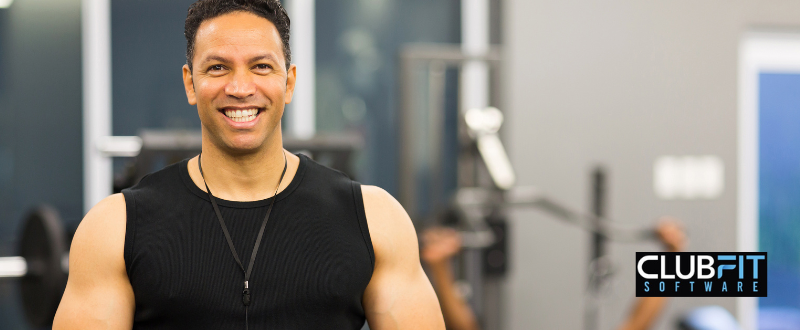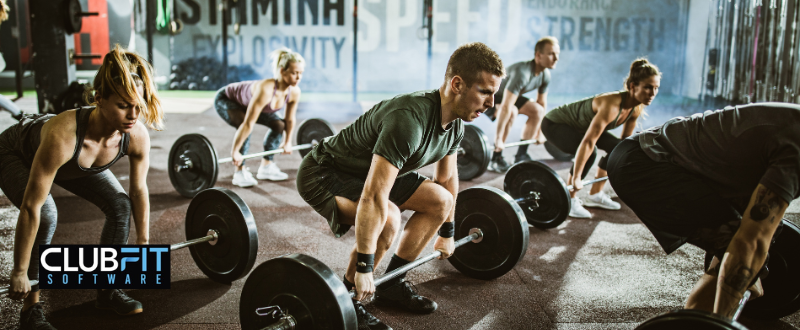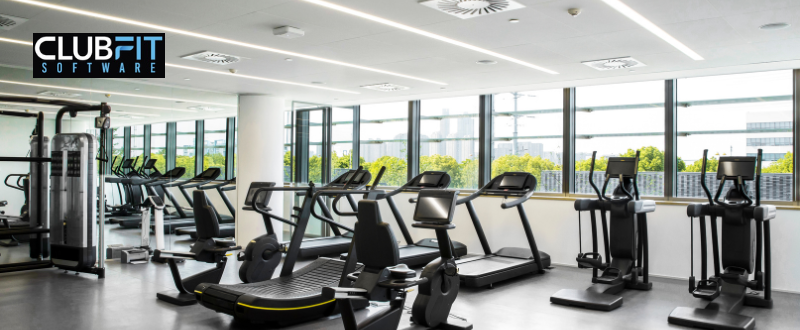
Choosing gym equipment is one of the biggest investments a fitness business will ever make. The brand you select doesn’t just influence how your facility looks on opening day—it determines safety, long-term durability, maintenance costs, and the overall training experience your members walk away with.
High-quality equipment can withstand years of heavy, daily use. Poor-quality gear, on the other hand, becomes a financial drain: more breakdowns, more maintenance, more downtime, and more frustrated members. In a competitive industry, where Australian gyms and studios are constantly working to stand out, the reliability of your equipment says a lot about your professionalism and commitment to member care.
A trustworthy brand also builds confidence. New members notice the feel of the machines, the stability of the benches, and the smoothness of the cardio equipment. Strong brands signal that your gym takes safety and performance seriously. Ultimately, choosing the right equipment partner is not just about purchasing products—it’s about protecting your reputation.
Key Takeaways
- Equipment quality shapes your gym’s reputation. The brand you choose impacts member experience, safety, and long-term operational costs.
- Australia offers a diverse equipment market. Gym owners can choose from global commercial brands, trusted Australian-made manufacturers, and flexible multi-brand distributors.
- Trustworthy brands prioritise durability and support. Look for strong build quality, clear warranties, reliable servicing, and easy access to replacement parts.
- Global brands dominate larger facilities. Life Fitness, Technogym, and Matrix remain top choices for commercial gyms with high traffic and premium expectations.
- Australian brands deliver local advantages. Companies like AlphaFit and RAW provide durable equipment, custom builds, and faster local support.
- Refurbished gear can offer great value. When sourced from reputable suppliers, used commercial equipment can lower fit-out costs without sacrificing performance.
Choose a blend that suits your gym model. Match equipment brands to your training style, demographics, budget, and long-term growth plans to create a balanced, reliable setup.
Snapshot of the Australian Gym Equipment Market
Australia’s fitness landscape is diverse, and the same goes for the equipment market. Commercial facilities—ranging from boutique group studios to high-volume 24/7 gyms—have access to a wide mix of global manufacturers, local suppliers, and specialty distributors.
Most equipment available in Australia falls into one of three categories:
- Global Commercial Brands
These are the major international manufacturers used in large gyms, performance centres, and premium facilities. They tend to be known for engineering quality, strong warranties, and equipment designed for high traffic. - Australian-Made or Locally Focused Brands
These companies produce or supply equipment tailored to the local market. Many Australian-made strength brands are known for durability and custom fabrication, and local distributors often provide faster servicing and support. - Multi-Brand Retailers & Commercial Distributors
These suppliers curate equipment from various manufacturers and offer bundled commercial packages. They’re popular among small-to-mid-sized gyms that need flexibility in price and product range.
With so many choices, it’s important to understand what actually makes a brand trustworthy—not just popular.
How to Judge Whether a Brand Is Trustworthy
Before investing in equipment, gym owners should evaluate brands using criteria that go beyond aesthetics or price. The right questions reveal how well the equipment will perform not just in a showroom, but in a real fitness environment with hundreds of weekly users.
Here are the key factors that separate reliable brands from risky ones:
Build Quality
Look at the materials, welding, frame stability, cable thickness, and finishes. Commercial equipment should feel solid and smooth—even under heavy load. Cheap builds may feel fine at first but deteriorate quickly.
Safety and Engineering Standards
Trustworthy brands meet recognised safety standards and test their equipment rigorously. Safety failures can lead to injuries, legal issues, and reputational damage—so choosing well-tested gear matters.
Warranty and Servicing
A good brand stands behind its equipment with clear warranty terms (not vague ones). More importantly, servicing should be accessible within Australia. Long repair wait times lead to member frustration and downtime.
Availability of Parts
Reliable brands make replacement parts easy to source. Some cheaper imports offer no local parts at all, meaning equipment must be scrapped even for minor issues.
Reputation Among Commercial Gyms
If major clubs, franchises, or respected studios use a brand, that’s a strong sign of long-term reliability. It means the manufacturer can handle real commercial demands.
Support After Purchase
Many gyms realise too late that support matters more than the initial sale. Brands with responsive local teams, service technicians, or fast turnaround times tend to be far more trustworthy.
When gym owners combine these factors, the right choices become clear. It’s not about choosing the most expensive brand—it’s about choosing equipment that will perform consistently, keep members safe, and support the growth of the business.
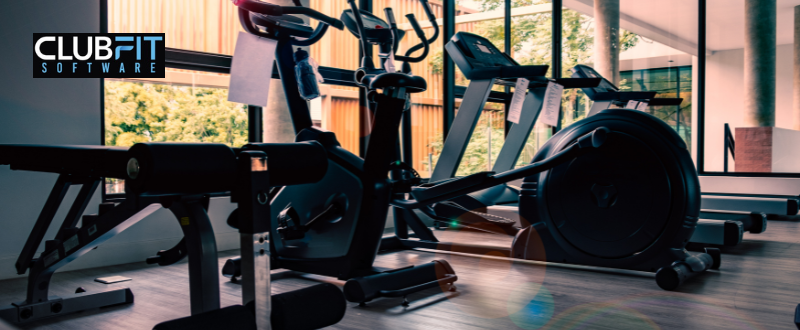
Global Commercial Brands Commonly Trusted in Australian Gyms
Many Australian facilities rely on large international manufacturers known for decades of commercial experience. These brands are widely used in full-service gyms, sporting clubs, and premium fitness centres because they’re engineered specifically for high-traffic environments.
Life Fitness & Hammer Strength are among the most recognisable names in commercial fitness. Their strength equipment is known for rock-solid stability, and their cardio machines are built for consistent daily use. Hammer Strength, in particular, is a favourite for heavy resistance work in both traditional gyms and performance facilities.
Technogym sits at the premium end of the market, offering sleek design, advanced biomechanics, and strong digital integration. Their products often appeal to gyms that want a modern, technology-driven aesthetic and a unified training ecosystem.
Matrix Fitness is another popular choice among commercial gyms. Their cardio ranges, selectorised machines, and racks are designed for durability and ease of maintenance—two major advantages for large facilities with constant foot traffic.
These global brands tend to be the safest option for medium-to-large gyms because they combine proven engineering with strong warranties and long-standing reputations.
Trusted Australian and Locally Focused Brands
Australia also has a strong selection of local equipment suppliers and manufacturers, especially in the strength and functional training space. These brands appeal to facilities that want durability, custom fabrication, or faster service turnaround times.
AlphaFit is one of the standout Australian-made brands, particularly known for high-quality rigs, racks, and functional strength equipment. Their local manufacturing allows for quick supply, custom builds, and a high level of attention to detail.
RAW Fitness Equipment, Performaxx, and similar suppliers offer a wide range of commercial-grade gear suitable for PT studios, group training facilities, and smaller gyms. They are widely recognised for strong build quality without the premium price tag of some global giants.
Multi-brand suppliers such as Verve Fitness, NovoFit, Orbit Fitness, and Gym and Fitness give gym owners flexibility. They carry mixed ranges from reputable manufacturers and can tailor packages to suit different budgets and training styles.
Local brands and distributors offer two major advantages: fast support and equipment built with real-world Australian gym needs in mind. For many facilities—particularly smaller, independent ones—these factors make local suppliers a smart and trustworthy choice.
New vs Refurbished: When Used Equipment Still Makes Sense
Refurbished commercial equipment can be a cost-effective option, especially for new gyms trying to manage their upfront fit-out expenses. Many refurbished suppliers in Australia stock reconditioned gear from premium brands like Life Fitness, Hammer Strength, Matrix, and Technogym—equipment that would otherwise be out of budget when purchased new.
Buying refurbished can offer excellent value, but it’s important to do it properly. A reputable refurbisher will completely service the machines, replace worn parts, and provide clear warranty terms. A low-quality refurbishment, however, may simply clean the exterior while ignoring the mechanical or electronic issues inside.
Gym owners considering refurbished gear should look closely at:
- servicing documentation
- warranty coverage
- age of the machinery
- the refurbisher’s reputation
- replacement parts availability
When sourced from a trusted supplier, refurbished equipment can stretch your budget without compromising safety or performance. It’s especially suitable for strength equipment, fixed benches, and durable selectorised machines.
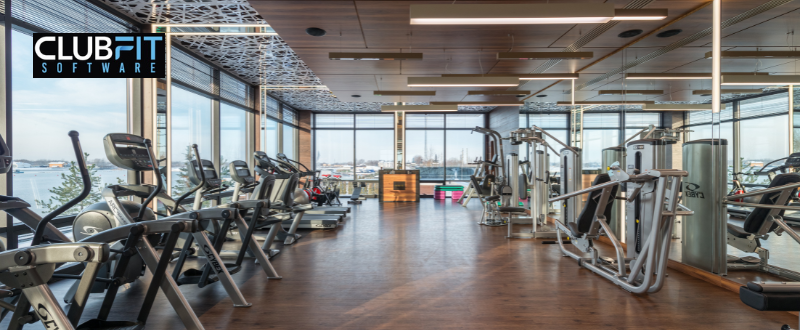
Choosing the Right Mix of Brands for Your Gym
There’s no single “best” equipment brand—only the best fit for your gym’s identity, members, and long-term growth plans. The right mix depends on several factors:
Your Training Model:
A PT studio may prioritise functional strength and compact rigs, while a full-service gym needs a balanced combination of cardio, selectorised machines, and free weights.
Your Member Demographics:
Younger members might gravitate toward performance-style setups, while general-population gyms need equipment that feels accessible to all experience levels.
Your Budget and Expansion Plans:
Some gyms choose premium brands to create a high-end experience from day one. Others start with a mix of mid-range and refurbished equipment, then upgrade over time.
Consistency Across Equipment Zones:
Keeping cardio brands consistent (e.g., all Matrix or all Life Fitness) often makes maintenance easier and creates a more polished look. The same applies to strength zones and functional training areas.
Finally, consider how your equipment integrates with your gym management systems—including maintenance logs, class scheduling, or member usage insights. A cohesive ecosystem between equipment and software helps your gym run more efficiently and improves your members’ overall experience.
FAQ
What should I look for in a trustworthy gym equipment brand?
Look for solid build quality, strong engineering, reliable warranties, and accessible servicing. A trustworthy brand offers durable products designed for commercial use and provides clear support when you need repairs or replacement parts.
Are global brands better than Australian-made brands?
Not necessarily. Global brands often excel in advanced engineering and large-scale commercial use, while Australian-made brands typically offer stronger local support, customisation, and fast turnaround times. The best choice depends on your facility’s needs.
Is refurbished commercial equipment worth considering?
Yes—when purchased from a reputable supplier. Refurbished equipment from premium brands can offer excellent value, but it’s important to review warranty terms, servicing documentation, and the refurbisher’s reputation before buying.
What equipment brands do large gyms typically use?
Larger facilities often use global brands like Life Fitness, Hammer Strength, Technogym, or Matrix due to their reputation, durability, and comprehensive product ranges. These brands are built for heavy traffic and long-term performance.
How do I choose the right mix of equipment for my gym?
Consider your training model, member demographics, budget, and long-term growth plans. Mixing brands can work well if each zone is consistent—for example, using one brand for cardio and another for strength.
Why does customer support matter so much when choosing an equipment brand?
Strong support ensures quick repairs, minimal downtime, and reliable access to parts. Gyms lose revenue and member trust when equipment fails, so choosing a brand with responsive after-sales service is essential.
What our customers are saying
We recently converted to Clubfit and love that the system gives us end to end control of our membership experience from a single platform, from billing to full member management. The Clubfit team are enthusiastic and easy to work with, always seeking feedback to continually develop the system.
 Jindalee Fitness
Jindalee FitnessA six year search led us to Clubfit. The software is easy to use and has saved us six figures annually.
It has allowed us to take total control of our membership base; both from a billing and service standpoint. The software allows us to communicate with our members more effectively, leading to happier members and ultimately, better retention. The Clubfit team are extremely receptive to user feedback and are constantly fine tuning their product / tech. They were also able to effectively and accurately migrate 20+ years of past and present member data from our old software.
Clubfit has made a significant difference on the way we run our business.
The user friendly software has allowed us to save time and we have seen a remarkable increase in new member sign ups. We now only operate from one software instead of two…no more going back and forth!
The support Clubfit offers is the best we have ever dealt with and we are amazed with how quickly they respond. This is what companies should strive towards.
Get in touch
Book a free, personalised demo
See how Clubfit can empower your fitness business with its revolutionary approach to member management and guarantees to increase your revenue.
Request Demo
"*" indicates required fields

